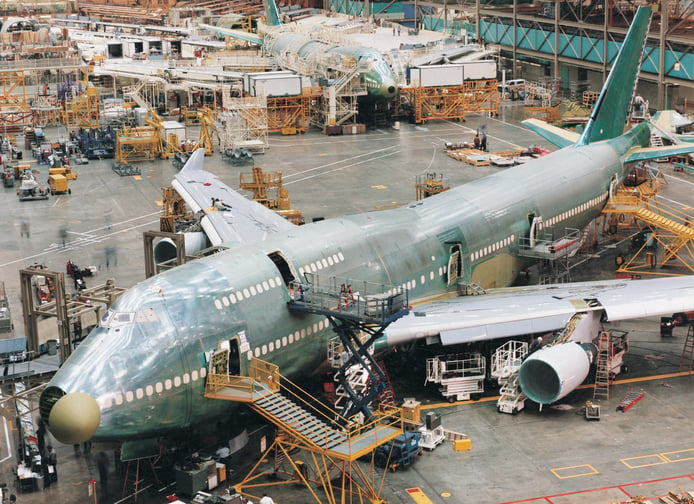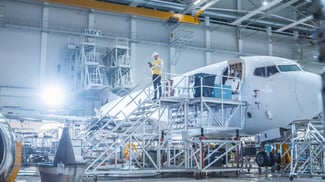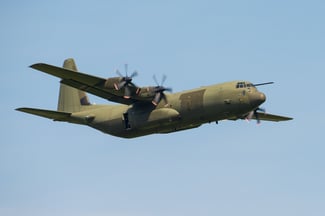What Materials Are Used To Make Aerospace Fasteners?
Screws, nuts, bolts, rivets, pins, and collars are common fasteners in the aerospace industry. But aerospace fasteners are frequently ...

Screws, nuts, bolts, rivets, pins, and collars are common fasteners in the aerospace industry. But aerospace fasteners are frequently exposed to extreme environments, including high temperatures and pressures from leaving the Earth's atmosphere.
As a result, the strength of materials is critical when building aerospace fasteners. Several designs and materials, each with unique characteristics and qualities, have been developed to meet the required standards. This is for both commercial and military. They must be made from some of the highest quality materials. Below are some of the materials used to make aerospace fasteners.
Steel and its alloys are known for having surface hardness and high strength. However, they are heavier than other materials, which can cause problems when designing and building aircraft and spacecraft, so caution is vital when using these materials for parts and components.
The most common steels used in aerospace are alloy steel and stainless steel. Certain stainless steel forms are still prone to heat destruction and failure, so selecting the correct series of stainless steel depending on your application requirements is crucial.
Examples:
It is possible to surface-treat steel in various ways to prepare it for aerospace use. But you have to be aware of the fact that these types of treatments may decrease the material's resistance to tension corrosion and carburization.
Aluminum
Although aluminum is usually used in atmospheric planes, it also has applications in the aerospace industry. However, additional surface treatment is required in aerospace to achieve the desired performance standards.
For example, aluminum rivets are popular, but achieving the required aerospace standards necessitates cold-heading the lightweight material. Unfortunately, even after this treatment,
The material is still extremely sensitive to temperature changes above 250° F and stress-induced corrosion.
Titanium
In some cases, titanium can be useful as a substitute for aluminum in manufacturing aerospace fasteners. Some benefits of using it are its comparative lightness, strength, and resistance to cold and heat, with working temperatures ranging from 350 to 800°F.
Superalloys' ability to withstand different stresses makes them ideal for aerospace fasteners and other aerospace hardware. They have high versatility and are able to maintain their structural integrity in harsh environments. 
The following superalloys are available for aerospace industry use:
Materials selection is vital in aerospace bolt applications. Not all metals can withstand the extreme conditions when spacecraft leave the Earth's atmosphere or come into contact with burning rocket fuel. Your fastener manufacturer must account for these issues and meet your needs.
Aircraft fastening is a critical part of safety. You'll find them in everything from aerospace brakes to aerospace ground equipment. The possibilities are endless.
Sometimes it takes special fasteners to ensure the project will be done right, but most often, it always comes down to using quality fasteners. At Big Bolt, we manufacture and sell high-quality aerospace fasteners customized to our client's demands. We produce nearly every type of fastener in the world—including aerospace fasteners.
Here are some grades we often sell in the aerospace industry. They include:
We’re also recognized as a one-stop shop for full-finished products, including:
Supply chain issues may have you struggling to find the product you need, and the demand for aerospace fasteners is expected to increase by 2030. But, at Big Bolt, we pride ourselves on being able to deliver on even the most unique requests.
If we don't have what you require in our inventory, we can thread it on-site and deliver it at your convenience. Contact us for more information.
Screws, nuts, bolts, rivets, pins, and collars are common fasteners in the aerospace industry. But aerospace fasteners are frequently ...
Threaded fasteners are crucial in any design work. They’re used to hold components together. But getting quality fasteners can be a chore...
Shoulder bolts are popular machine screws with an unthreaded shoulder under the head, more prominent in diameter than the threads. They are...
